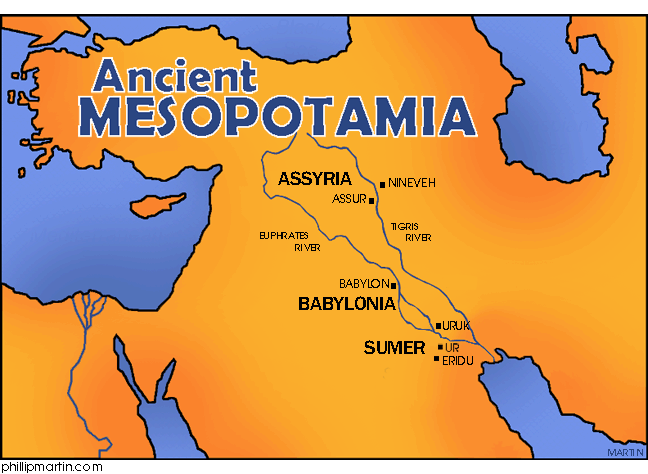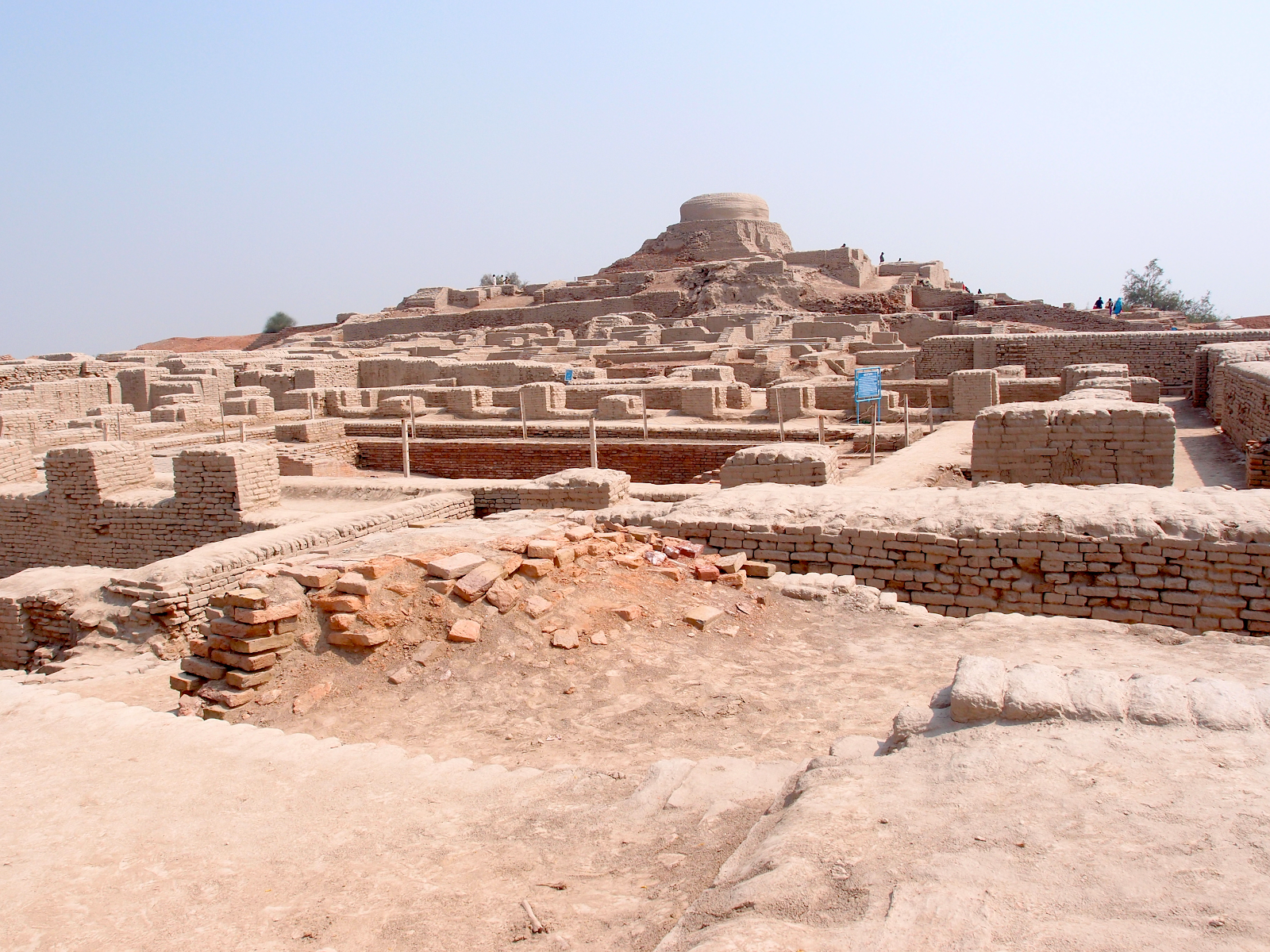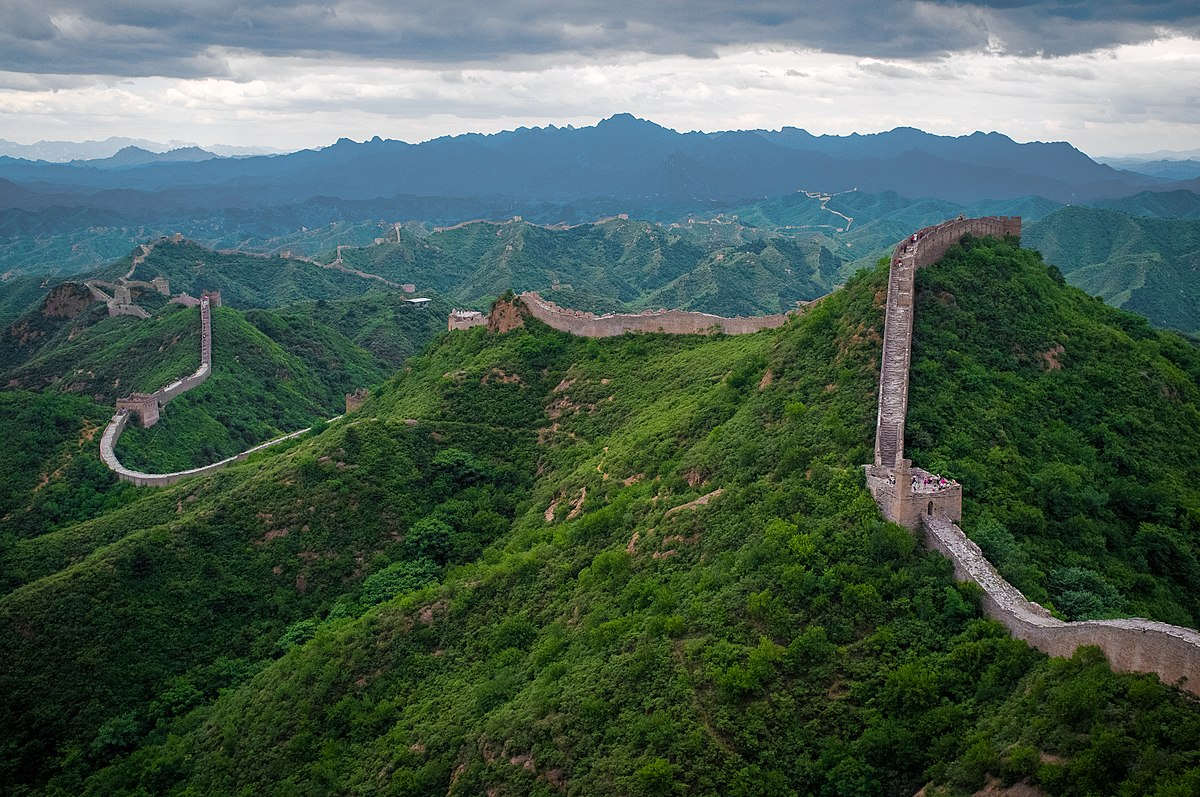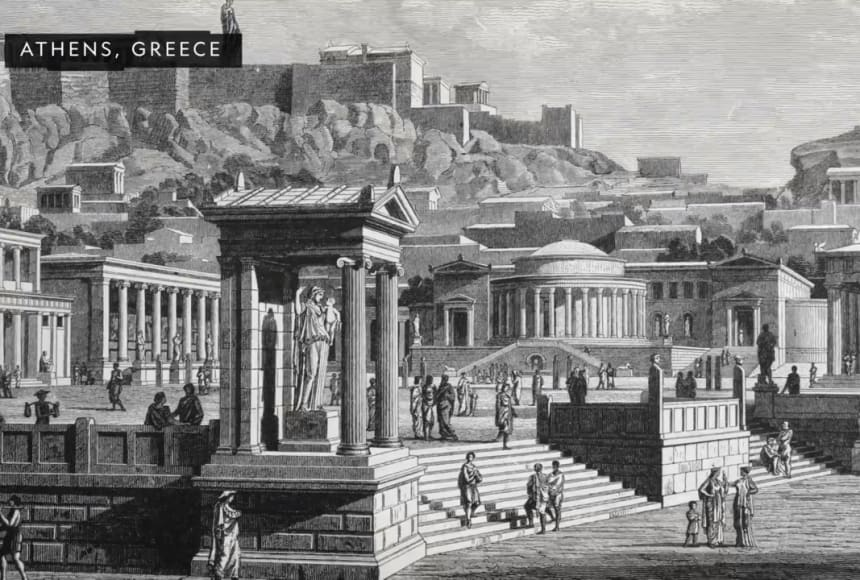In the annals of time, the footprints of ancient civilizations have shaped the very foundations of our modern world. From the mighty rivers of Mesopotamia to the grandeur of the Egyptian pyramids, the echoes of these remarkable societies continue to resonate through the ages, leaving an indelible mark on the course of history.
Mesopotamia, nestled between the Tigris and Euphrates rivers, gave birth to the world's first known civilization. Known for its advanced city-states like Ur and Babylon, Mesopotamians pioneered writing systems, the wheel, and complex irrigation techniques. Their legal codes, including the famous Code of Hammurabi, laid the groundwork for future legal systems.
On the banks of the Nile, the ancient Egyptians crafted a civilization steeped in mysticism and grandeur. The pyramids, Sphinx, and hieroglyphics stand as enduring testaments to their architectural and artistic prowess. The Egyptians contributed significantly to mathematics, medicine, and astronomy, leaving an everlasting legacy that extends beyond the sands of time.
The Indus Valley Civilization, with its planned cities like Mohenjo-Daro, showcased unparalleled urban planning and engineering. Advanced drainage systems, well-organized streets, and a pictographic script hint at a sophisticated society. Despite the mystery surrounding their language, the Indus Valley people left an impactful blueprint for urban living.
China's ancient civilizations, marked by dynasties like the Han and Zhou, brought forth innovations such as papermaking, the compass, and gunpowder. Confucianism and Daoism shaped Chinese philosophy, influencing governance and societal values. The Great Wall, an engineering marvel, reflects the resilience and foresight of these ancient builders.
Ancient Greece, the birthplace of democracy, philosophy, and the Olympic Games, has left an enduring cultural legacy. From the intellectual brilliance of Socrates, Plato, and Aristotle to the architectural marvels of the Parthenon, Greece's contributions have permeated art, governance, and philosophy across the centuries.
The Roman Empire, with its unmatched military prowess and engineering feats, left an indomitable mark on Western civilization. The Roman legal system, architecture, and governance structures laid the groundwork for modern political thought. The Colosseum and aqueducts stand as iconic symbols of Rome's engineering and architectural prowess.
As we traverse the sands of time, the contributions of these ancient civilizations continue to weave a rich tapestry that informs our present and molds our future. From the cradle of civilization in Mesopotamia to the grandeur of Rome, each society has bequeathed a legacy that resonates in our language, art, governance, and scientific achievements. By delving into the annals of antiquity, we gain a deeper understanding of our shared human history and the profound impact these civilizations had on shaping the course of our collective journey through time.






Comments
Post a Comment